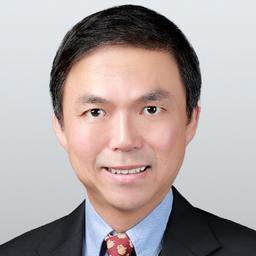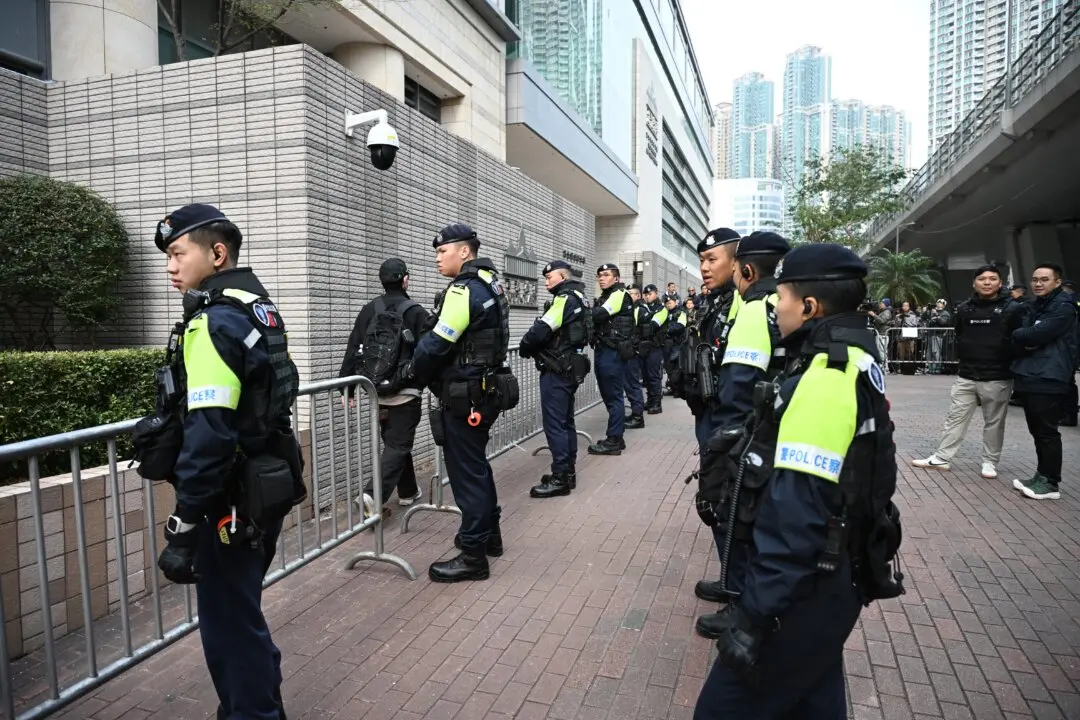Commentary
As this article unfolds, the Hong Kong District Council Election campaign is in full swing, with pro-Beijing candidates actively canvassing. The election, slated for Dec. 10, 2023, follows the pan-democratic camp’s substantial victory in the 2019 district council election. However, the subsequent disqualification of pro-democracy district councilors by the Hong Kong Government, combined with the implementation of the National Security Law (NSL) and electoral changes in 2021 and 2023, has raised formidable barriers for aspiring candidates. The ’three levels’ of pre-screening, essentially pro-Beijing gatekeepers, hinder the democratic process.





